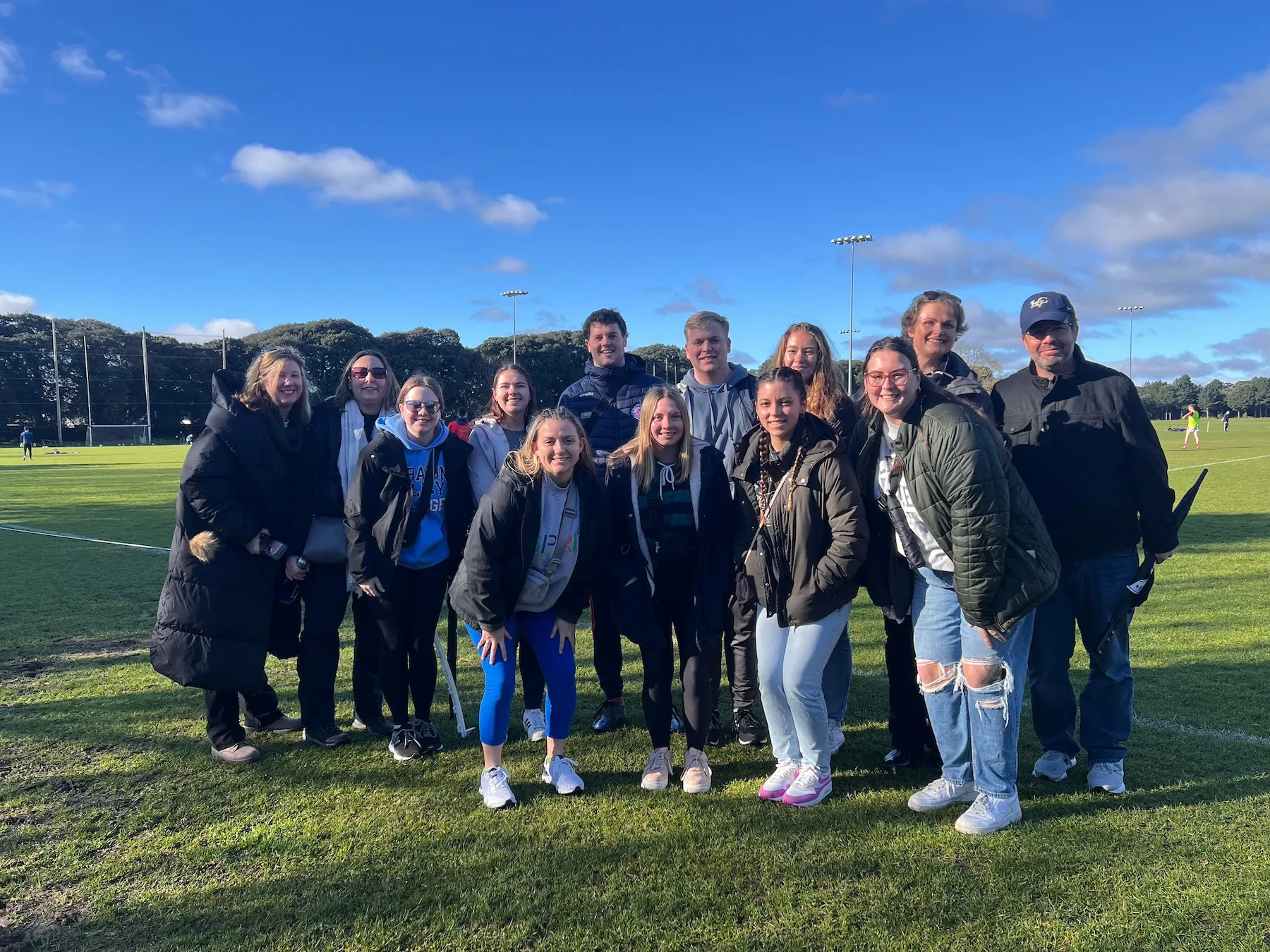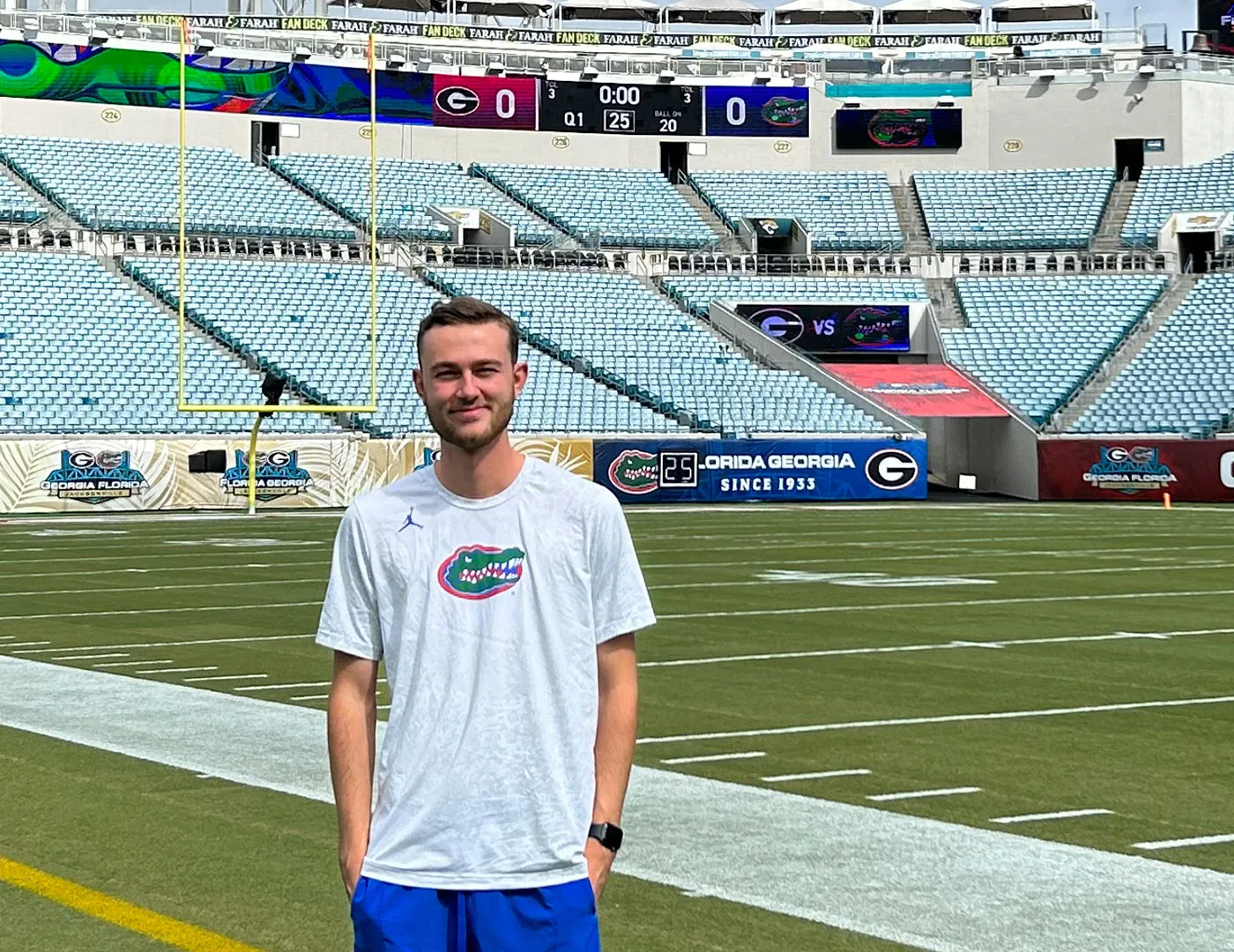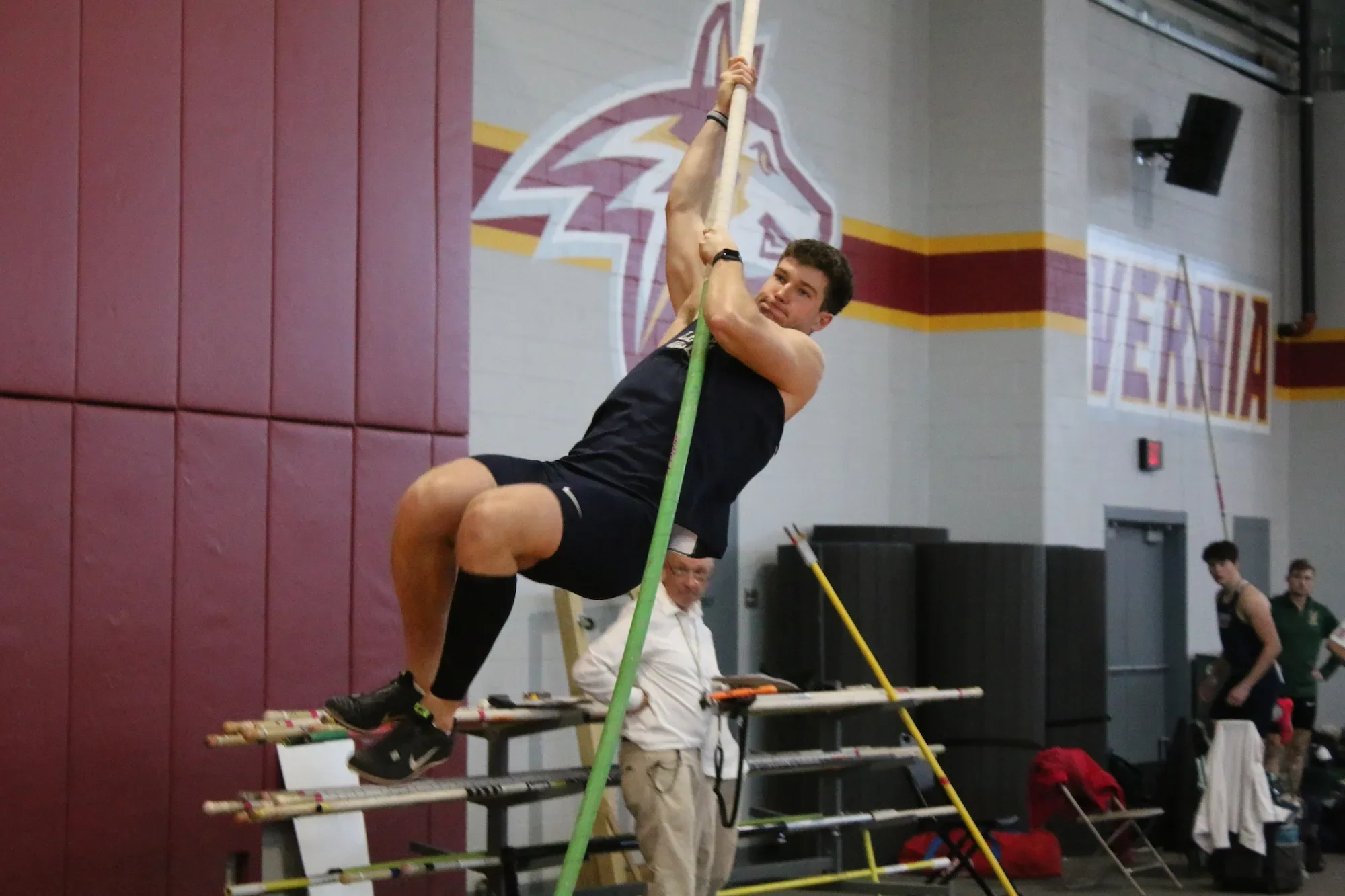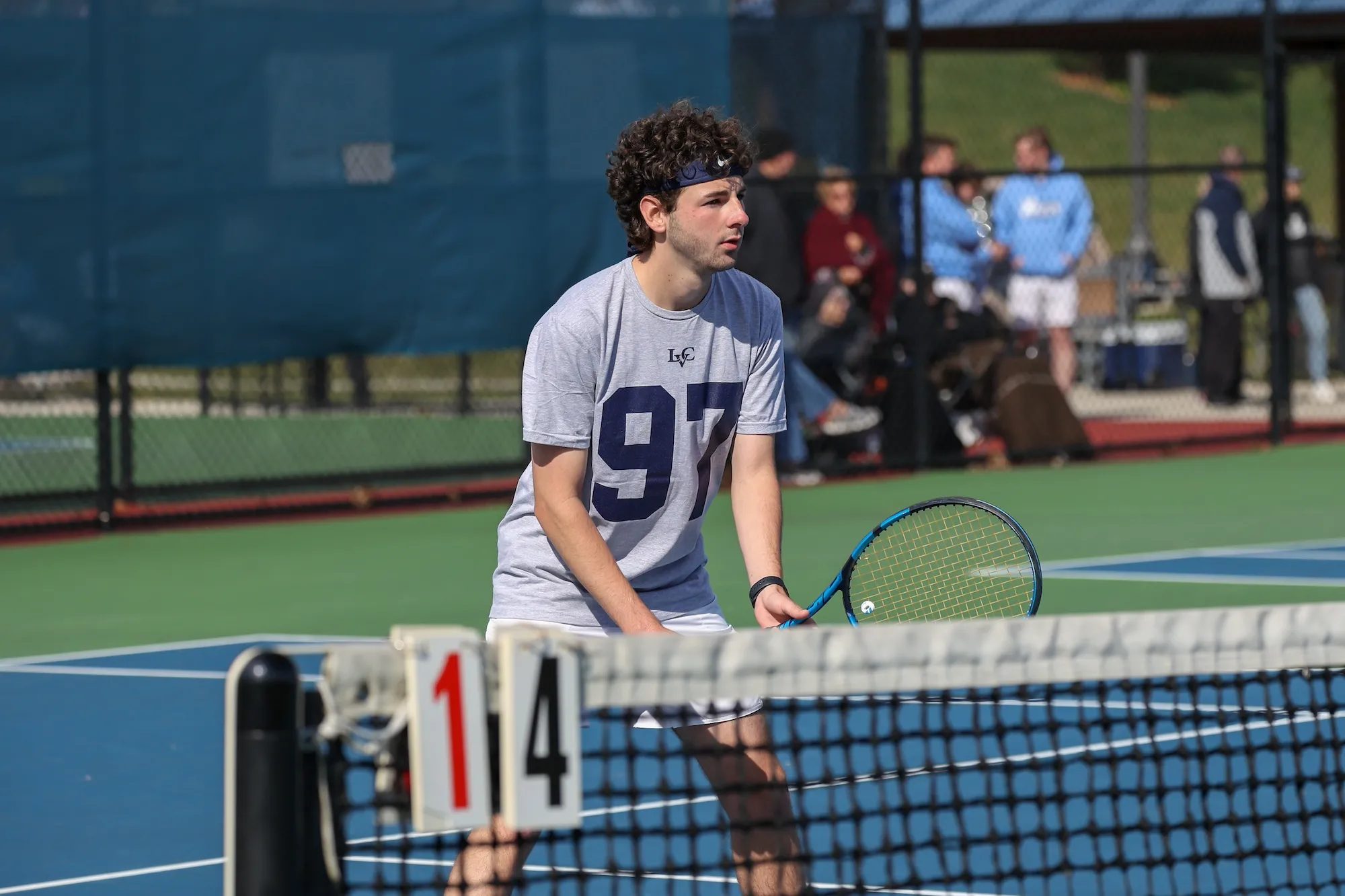
LVC News
- Accounting
- Accounting/MBA 3+1
- Actuarial Science
- Allwein Scholars
- Alumni Profiles
- Applied Kinesiology
- Athletic Training
- Athletics
- Audio Music Production
- Awards
- Biochemistry & Molecular Biology
- Biology
- Breen Center
- Business Administration
- Campus
- Chemistry
- Clinical Exercise Physiology
- Clinical Mental Health Counseling
- Community Service
- Computer Science
- Creative Arts
- Creative Writing
- Criminal Justice
- Data Science
- Digital Media
- Economics
- Education
- Engineering
- English
- Environmental Science
- Esports
- Exercise Science
- Faculty Profiles
- Gallery
- German
- Giving
- Graduate Studies
- History
- Honors
- Intelligence and Security Studies
- Interaction Design
- International Business and Policy
- LVEP
- Marketing
- Mathematics
- MBA
- Medical Humanities
- Medical Laboratory Science
- Music
- Music Business
- Music Education
- Neuroscience
- Nursing
- Physical Therapy
- Physics
- Political Science
- Pre-Law
- Pre-Medical Professions
- Psychology
- Self-Designed
- Social Justice and Civic Engagement
- Sociology
- Spanish
- Speech-Language Pathology
- Sport Performance
- STEM Education
- Student Profiles
- Study Abroad
- Sustainability
- Transfer
- Undecided/Exploratory
Athletic Training Major Interns with University of Florida Football

Dan Sheffield’s love of watching sports heavily influenced his decision to become an athletic trainer. This fall, Sheffield had a sideline view to one of the biggest sports stages in the country—Southeast Conference (SEC) football.
Sheffield worked with the University of Florida football team this fall as one of his final clinical placements. The Gators compete in the SEC, one of the Power 5 conferences in college football. Sheffield witnessed many games on the sidelines, working at hydration stations, cleaning and covering cuts, and running water out to athletes on the field during timeouts.
Even when it wasn’t a game day, Sheffield was busy and put in long hours each day. He collaborated with his preceptor on rehab programs for post-operative athletes and provided treatment for players as needed. He also built a rapport with athletes as he prepped them for practice, which included lots of taping of ankles, and then worked with the safeties during practices to provide water, stretching, or triage injuries.
“Florida was very high pace, and I was always on the go,” he said. “You are doing whatever you can to keep the athletes on the field. That could be doing rehabs twice a day, providing them with different tape jobs or braces, and using state-of-the-art technology to increase return-to-play time or for imaging. There are so many different moving parts that need to work together to get everything done.”
Sheffield’s time at Florida is just one of the clinical assignments Sheffield completed. Through the LVC Athletic Training Department, he spent time at a local high school and with two Flying Dutchmen athletic teams. Each placement gives students valuable experience and knowledge about the field.
“The high school and clinic was a slower pace that allowed me to get more hands-on experience in performing evaluations and developing rehab programs with limited resources compared to Florida,” he said. “I believe those made me a better clinician by having to create and use the available resources.”
Sheffield will conclude his clinicals this spring with the Houston SaberCats, a professional rugby team, before graduating with his master’s degree in May. After working at Florida, he wants to pursue a career with a professional football team or high-level college program. He recently accepted a summer internship with a National Football League (NFL) team that will provide further knowledge of athletic training at the professional level.
No matter the clinical location, Sheffield established connections with athletes through his experience as a sprinter and jumper on the LVC track and field team. He qualified for Middle Atlantic Conference Championships each year and earned All-MAC honors last season as part of two relay teams. During his years of competition, Sheffield suffered injuries that required work with an athletic trainer.
“I know it is important to build the athlete’s confidence that they will not reinjure themselves,” he said. “I understand and can better explain that the healing and recovery process is sometimes slow and doesn’t happen overnight. I also share with them what exercises and treatments helped me recover from my injuries and got me back to running.”
Along with competing as a student-athlete, Sheffield chose LVC as the right fit because of its small classroom size, strong job placement, and the care staff and professors show to their students. He specifically cited Melissa Byler, head coach of the track & field team, Frank Gilbert, assistant coach for jumping, and Dr. Eva Frank, chair of the Athletic Training Department.
“Coach Byler became my ‘school mom’—always there to help me with anything I needed. Her door is always open for you, even after you graduate. Coach Gil’s love for LVC and passion for his track kids are unmatched.
“Finally, Dr. [Eva] Frank is the most pivotal person I met at LVC,” added Sheffield. “She expects the best out of us and pushes me to be the best I can in the classroom and during clinical work. She makes sure we understand the material, and, if we don’t, she takes time out of her busy schedule to help us learn it. She treats us in a professional and respectful manner, but with a personal touch. When she checks in with us, she always asks us how we are doing in our classes, personal life, and even asks us about how our families are doing.”




